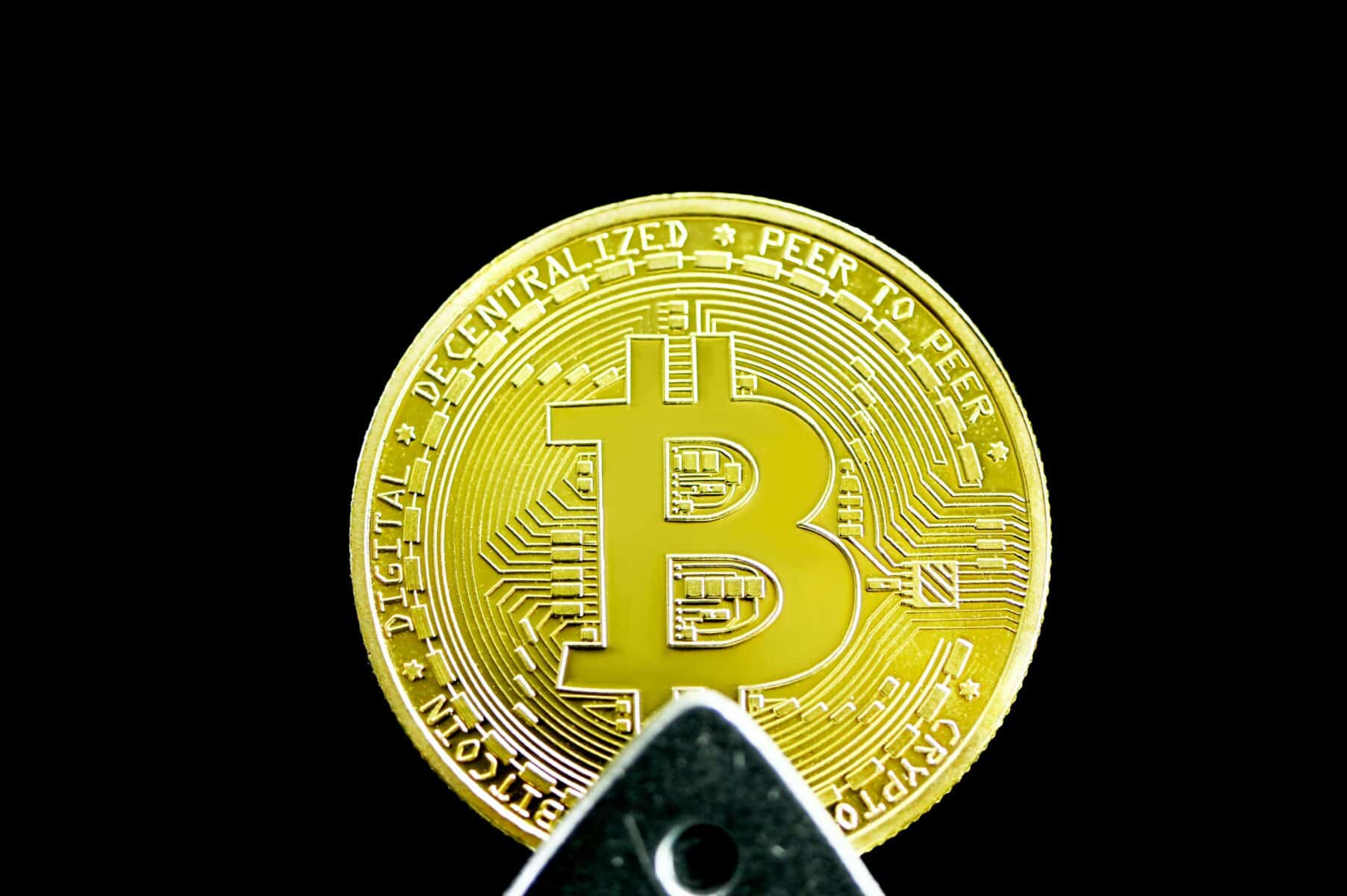Cosmonaut Oleg Novicki reported smoke, odor and alarm to the flight control center on Thursday around 4:00 CEST. Subsequently, the devices detected the presence of harmful substances in the vicinity of the medical cabinet in the Zvezda module.
–
Ventilation spread the smell of burnt plastic or electronics to the American part of the ISS, the Kommersant newspaper wrote on its website.
–
Smoke was generated in the Zvezda module on the International Space Station tonight while charging the batteries. The life support ventilation system filtered it out and the atmosphere throughout the ISS is normal. pic.twitter.com/1ca9UUfOo9
– Michal Vaclavik (@Kosmo_Michal) September 9, 2021
–
The Russian space corporation Roskosmos also informed on its Twitter about the incident and the need to turn on the aggregation filter for cleaning the atmosphere at the station. She then clarified that the smoke sensor and fire alarm triggered a short circuit during automatic battery charging.
–
However, according to another statement from the agency, all systems are already functioning normally and the composition of the air on board the ISS corresponds to the standard parameters.
–
All systems operate normally, the composition of the air on board the station corresponds to the standard parameters.
The crew continues regular training for today’s spacewalk.
– ROSCOSMOS (@roscosmos) September 9, 2021
–
Preparing for the next ascent due to Science
Russian cosmonauts Novicki and Pyotr Dubrov are still preparing for Thursday’s next ascent into open space due to a new module.
–
The first of a series of work shifts in free space dedicated to the commissioning of the multi-purpose laboratory module Nauka, which arrived at the ISS on July 29, took place in the second half of last week.
–
The pair then fulfilled the main task: to connect the cables of the power supply system to the new module. It also partially connected the Ethernet cables for the network connection and mounted a part of the railing that makes it easier for astronauts to work between the individual parts of the module when working outdoors.
–
The science is the first new module in the Russian part of the ISS since 2010. The crew will have to perform many tasks before it is fully operational, including eleven ascents into free space.
–
The module is to expand the technical and operational capabilities of the Russian segment of the ISS. It will provide a connecting hub for Soyuz and Progress cargo ships, allow refueling from Progress ships’ tanks on the ISS, control the station’s orientation with its own engines, produce oxygen for six people, and regenerate urine water. The astronauts have a second toilet and cabin for the third member of the crew in Nauka.
–
The module is also equipped with a European robotic arm ERA, which allows manipulation on the outside of the orbital complex without the need for work shifts “outside”.
–
There are now seven astronauts on the orbital station: Americans Megan McArthur, Shane Kimbrough and Mark Vande Hei, Russians Dubrov and Novicki, Frenchman Thomas Pesquet and Japanese Akihiko Hoshide.
—

